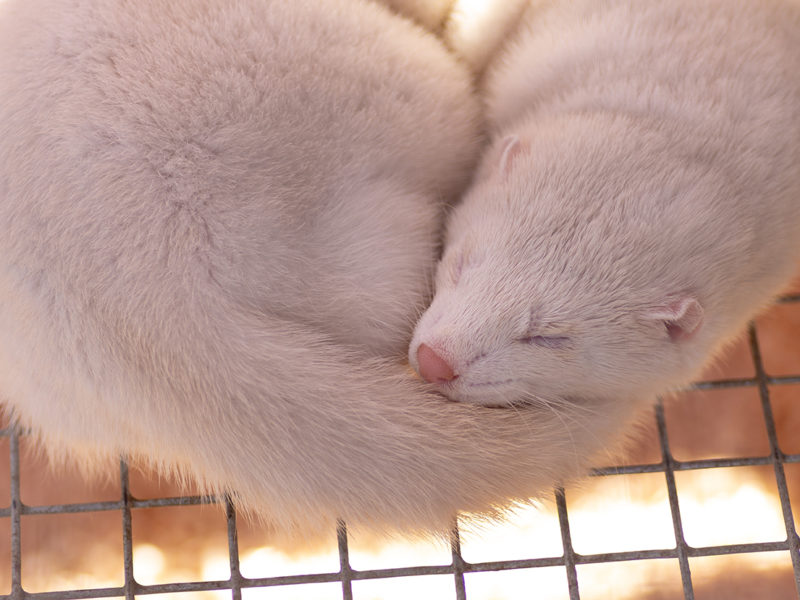The province is backtracking on its pledge to support mink farmers, whose operations are being shut down as part of the province’s fight against COVID-19 and following lobbying by anti-fur activists.
The province has long said the nine operations affected will receive no compensation for business losses associated with the closure of their operations. However, it promised support through the federal-provincial AgriRecovery program to decommission barns.
This week, the province told farmers work on an AgriRecovery program for their sector is halted. The news came the same day as federal, provincial and territorial ministers of agriculture were meeting to discuss the next agricultural policy framework, including programs such as AgriRecovery.
The news was delivered by Lonny Steward, director of the ministry’s director of policy and product review branch.
In a letter shared with media, Abbotsford mink farmer Terry Engebretson expressed concern over the backtracking to provincial agriculture minister Lana Popham, noting it would prevent farmers from accessing matching federal dollars, too.
“Mr. Steward could not tell us why he was told to stop or if or when it may be available, and in fact seemed to think it would NOT be coming,” he says. “After taking away our livelihoods the provincial government has not only NOT helped us, you are prohibiting the federal government from helping us also.”
Without funding, former mink farmers face the prospect of repaying millions in loans received to renew and expand their operations prior to COVID-19 without the benefit of any cash flow to support repayment.
Meanwhile, the industry continues to fight to have the ban on mink farming overturned.
A GoFundMe page has been set up to fund the court challenge, which is expected to be heard later this year. It aims to raise $100,000, with more than $13,000 raised to date.
Angela Bernemann of Dogwood Fur Farms Ltd. in Abbotsford says the abrupt closure of a legal industry with no compensation is unacceptable. She notes that Popham has publicly expressed anguish at the decision, but hasn’t backed it up with cash.
“The government licensed the BC mink farmers and the farmers went to the bank with that license and invested in BC agriculture for years. If the government no longer wants to sanction a previously accepted industry … then they must compensate the farmers for their losses and damages,” she says. “One would think that the Minister of Agriculture would be the first person to recognize this and stand up for the farming community.”


 Government funding under discussion
Government funding under discussion